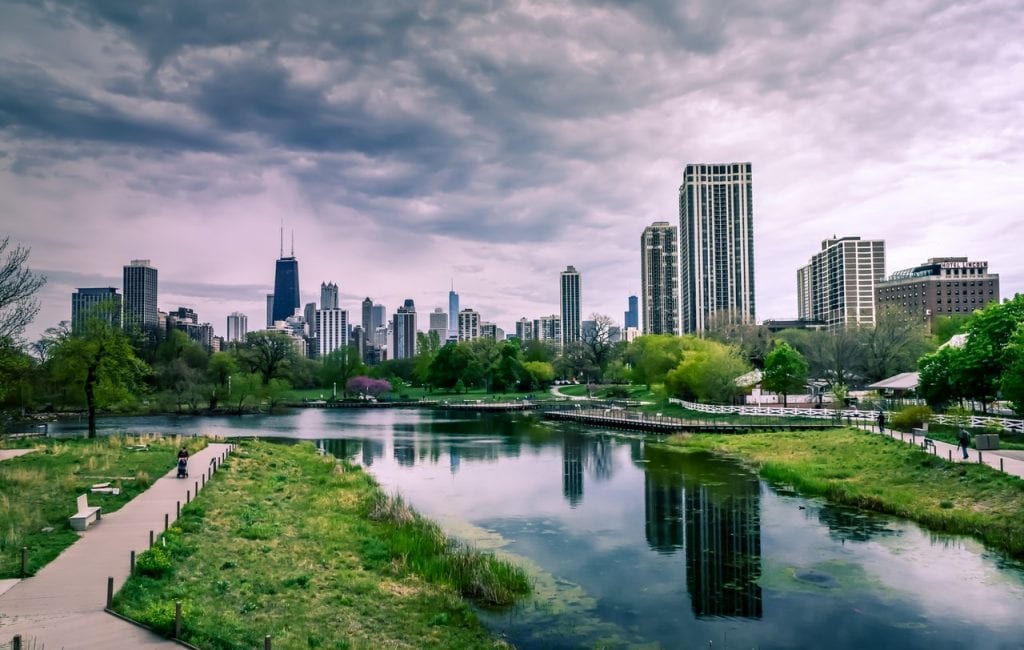What is the 15 minute city?
The 15-minute city is a concept developed by Professor Carlos Morena at the Sorbonne in Paris. It is aimed at organising the spatial distribution of land uses and activities such that local residents can have all their needs met – work, shopping, health, education and culture – within a 15-walk from their own doorstep.
The idea of the 15-minute city seems to be gaining more momentum as people re-assess how cities function as a result of the pandemic. More specifically, it will help to reduce unnecessary travel across cities, provide access to more and better public space, inject life into local high streets, strengthen community spirit, promote health and wellbeing, boost resilience to health and climate shocks, and as a result, improve cities’ sustainability and liveability.
It is with the intention of building sustainable communities, centred around intensified placemaking that has led an increasing number of urban planners and authorities to use the concept of the 15-minute city. How to make this vision a reality achieving the 15-minute city requires “deconstructing the city,” or, more specifically, mixing as many different uses as possible.
Features of the 15-minute city
- Local shopping centres
- Local health facilities & services
- Local schools
- Lifelong learning opportunities
- Local parks and playgrounds
- Community gardens
- Sports and recreation facilities
- Affordable housing
- Housing diversity
- Walkability
- Safe cycling networks
- Local public transport
- Well-connected public transport, jobs and services in the region
- Local employment opportunities
These Agendas have been evolving for a number of years, however, are now at the forefront of planning as a result of the pandemic. It’s actually far from being a new phenomenon, but instead taking us back to an ancient and organic way of life. Some of the world’s most resilient and successful cities define themselves as metropolises made up of villages, all intertwined.
The concept of the 15-minute city is very much in contrast to the urban planning models that have dominated for the last century, where residential areas have been separated from business, industry, retail and entertainment. Life doesn’t work like this and this siloed approach is a thing of the past if we want to build truly sustainable cities.
Instead, we need to look at what people need in the future. Planning measures need to encourage the flexible use of buildings and public space. Employers need to facilitate remote working. Town centre stakeholders need to promote neighbourhood co-working spaces, invest in social, civic, service, health, mental health and general wellbeing. In turn, this will help to foster a more local, healthy and sustainable way of life.
Should you need help with planning permission or anything related to this subject, don’t hesitate to contact us now: info@sfplanning.co.uk or call 01242 231575.

